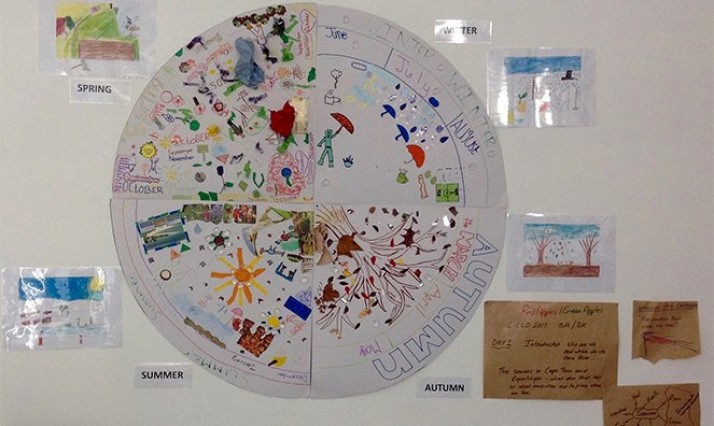ENO-Denmark Network Meeting at Vartov

6th of October 2017 the first network meeting about “arts and culture education” took place at Danish Cultural Institute in Copenhagen, where the invited parts discussed interaction between practice development, research and international cooperation.
The network meeting was facilitated by the Danish part of the European National Observatory for Arts and Culture Education (ENO) (https://www.eno-net.eu), established by the University of Copenhagen (CU) and Danish Cultural Institute (DCI).
In the presentation by Senior Advisor Olaf Gerlach-Hansen it was emphasized that the UNESCO Seoul Agenda from 2010 is fundamental in ENO’s future goals. One of which aims to support the development of “arts education” within the framework of global the UNESCO policies.
The purpose of the meeting was to discuss information and reflections on networking and method development through the progress of international practice/research projects as well as fundraising and discussion of potential future cooperation among the participants.
The presentation by Charlotte Svendler Nielsen referred to the CICLO-project. The purpose of which was formulated based on the UN’s sustainability goals. The involved in the project work with education policy, practice and research in “arts education”. Charlotte researches in approaches to intercultural teaching and learning in dance and visual arts.
In the presentation by Liesl Hartman she focused on “arts education” in South Africa. Even though the field is developing, lack of teacher-training is problematic. In addition, the work of Peter Clark Arts Center is important, as they train local teachers based on Cape Town workshops. Liesl Hartman is positive about the collaboration with Denmark, and believes that it will lead to a better understanding of cultural diversity, innovation in practice, action research and critical reflection of teaching practices.
Throughout the discussion, it was mentioned that it is important “to get the culture back in to school” (Claus Poulsen, Open School). However, the challenge is to articulate how this is possible. Therefore, future cooperation between the participants is elementary. It is important to address how networks and relationships can provide value, and we need to talk about changing the mindset about teaching from goals to an understanding of the purpose of teaching.
At the end of the meeting, it was proposed that the participants would meet twice a year to generate a model for further cooperation. This requires the different participants to contribute with their specific competences and experiences, they possess.